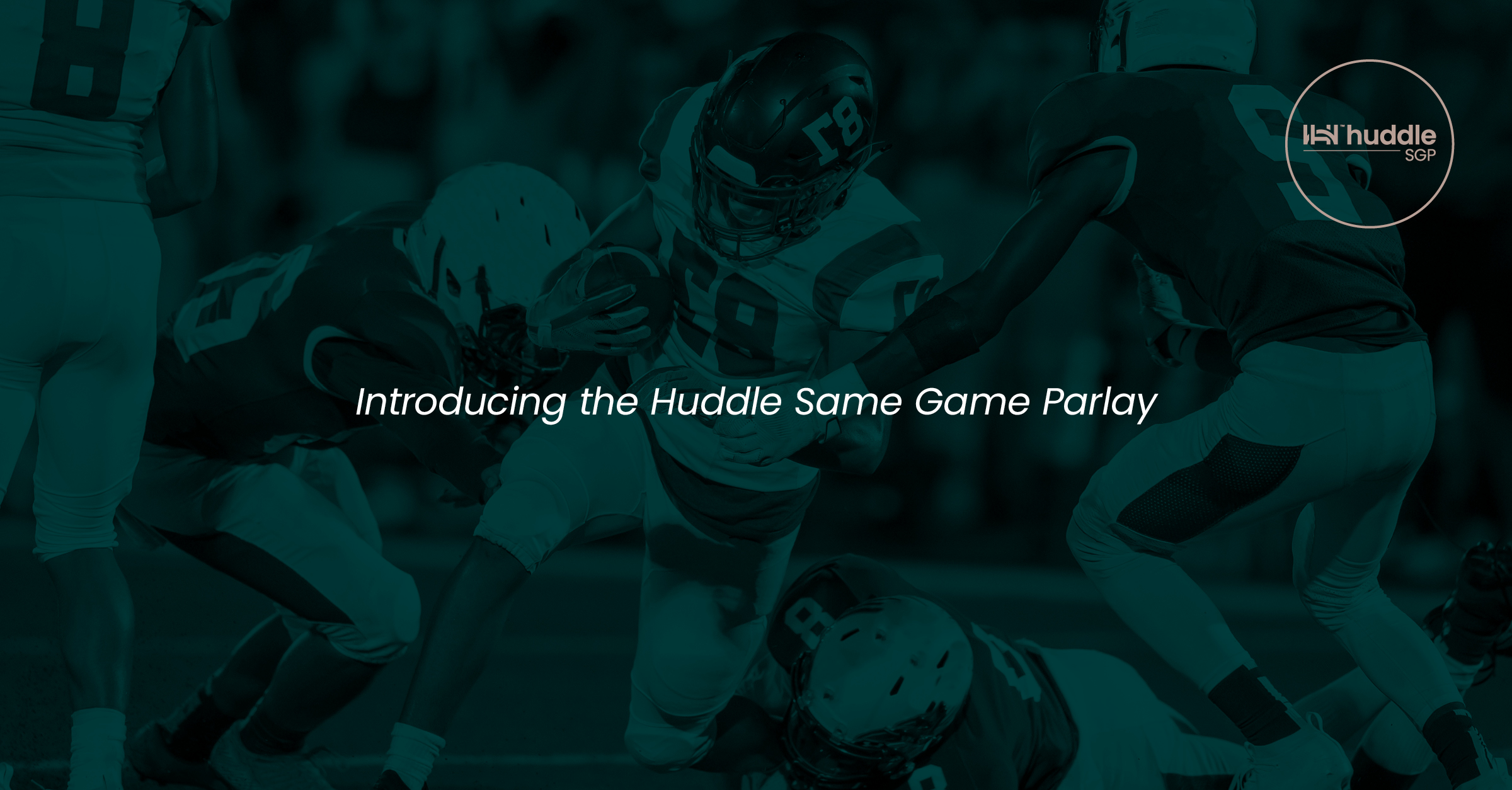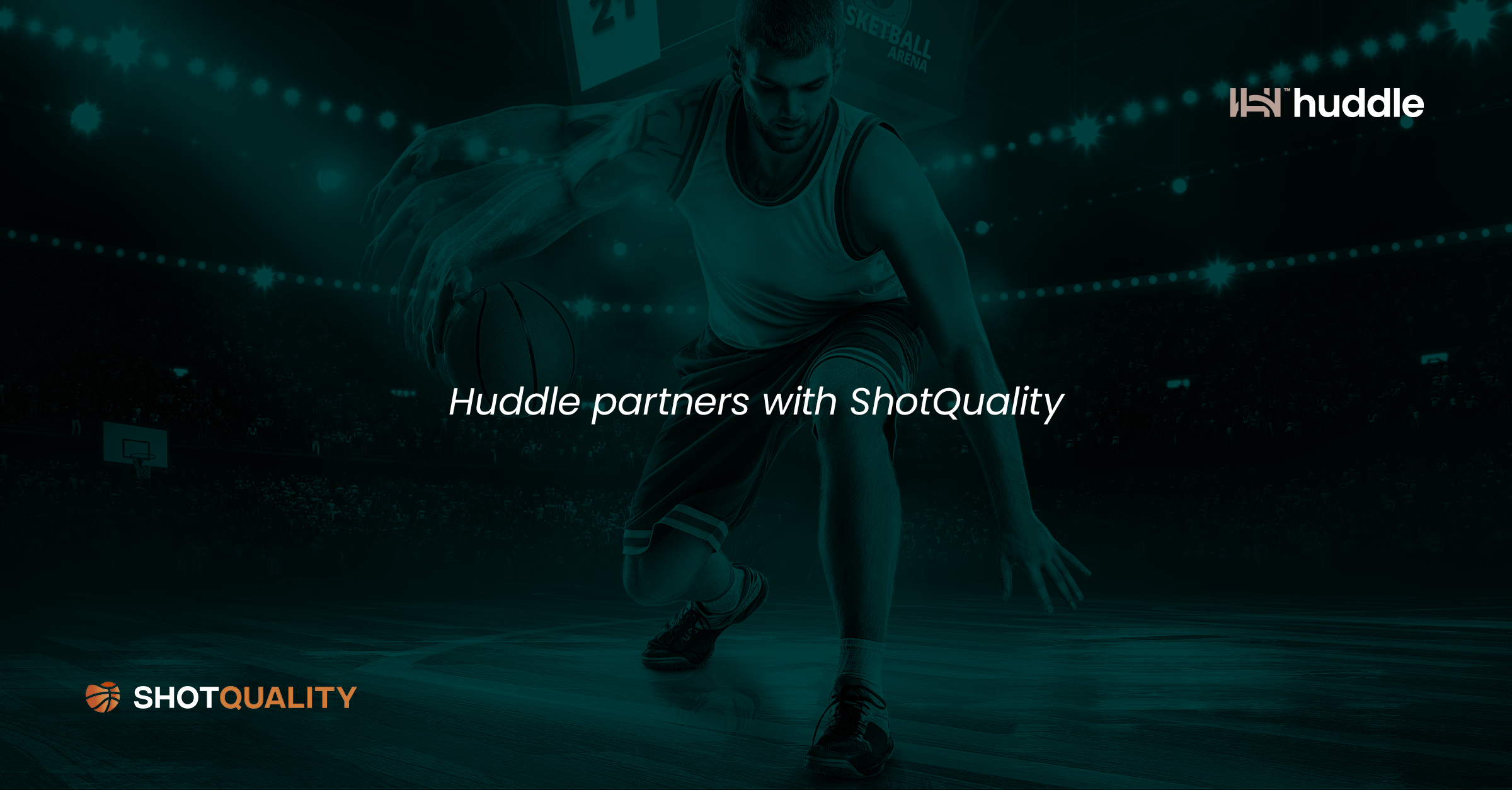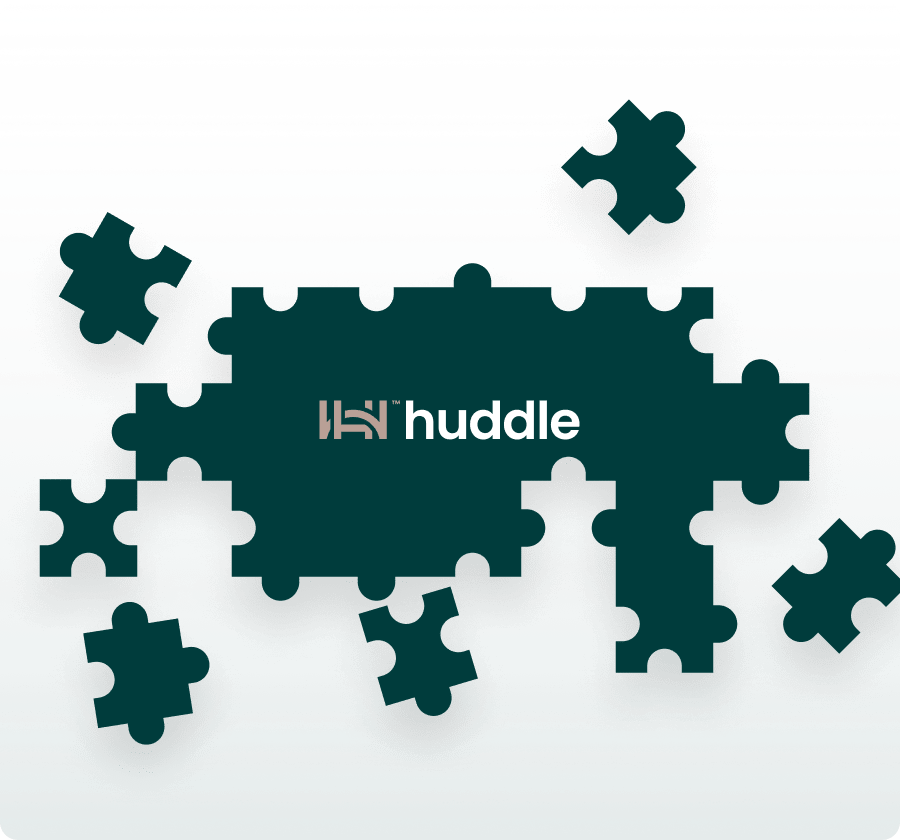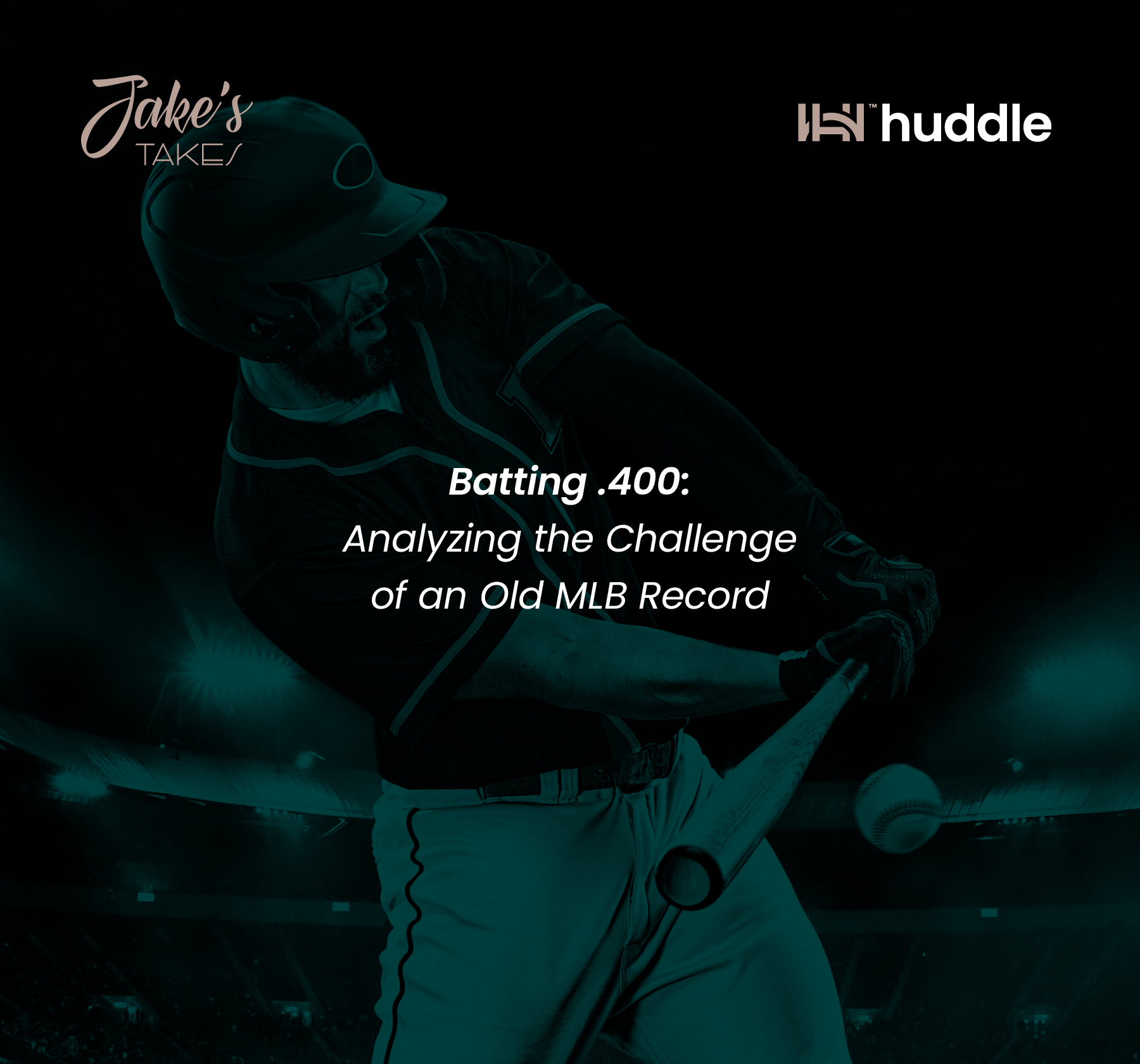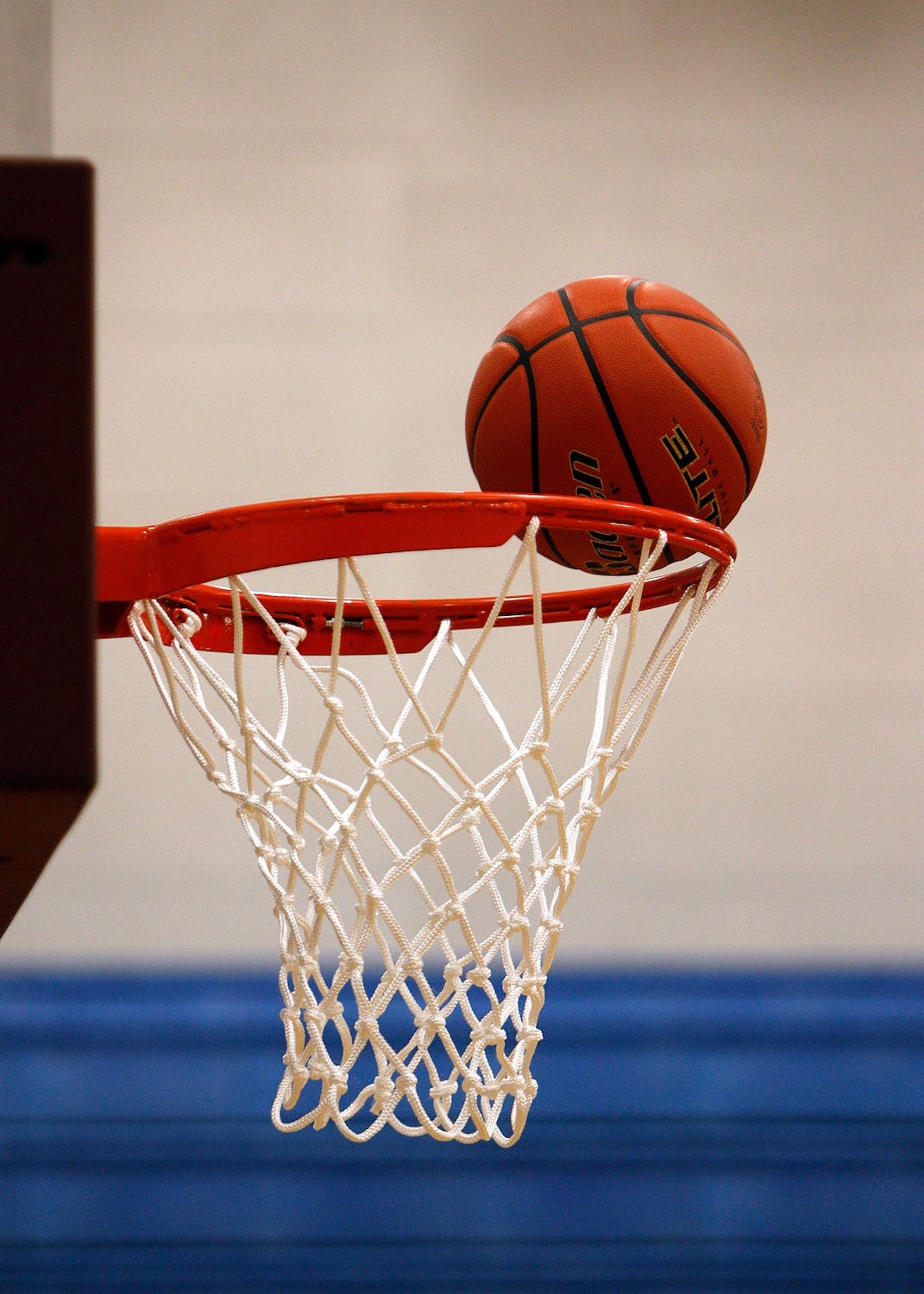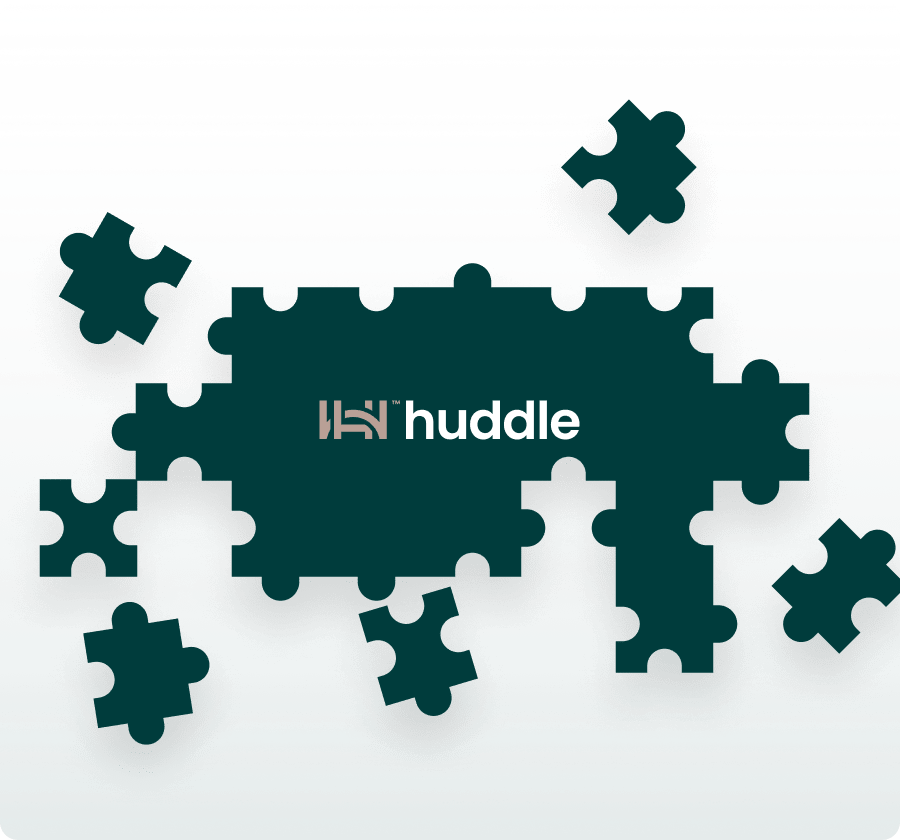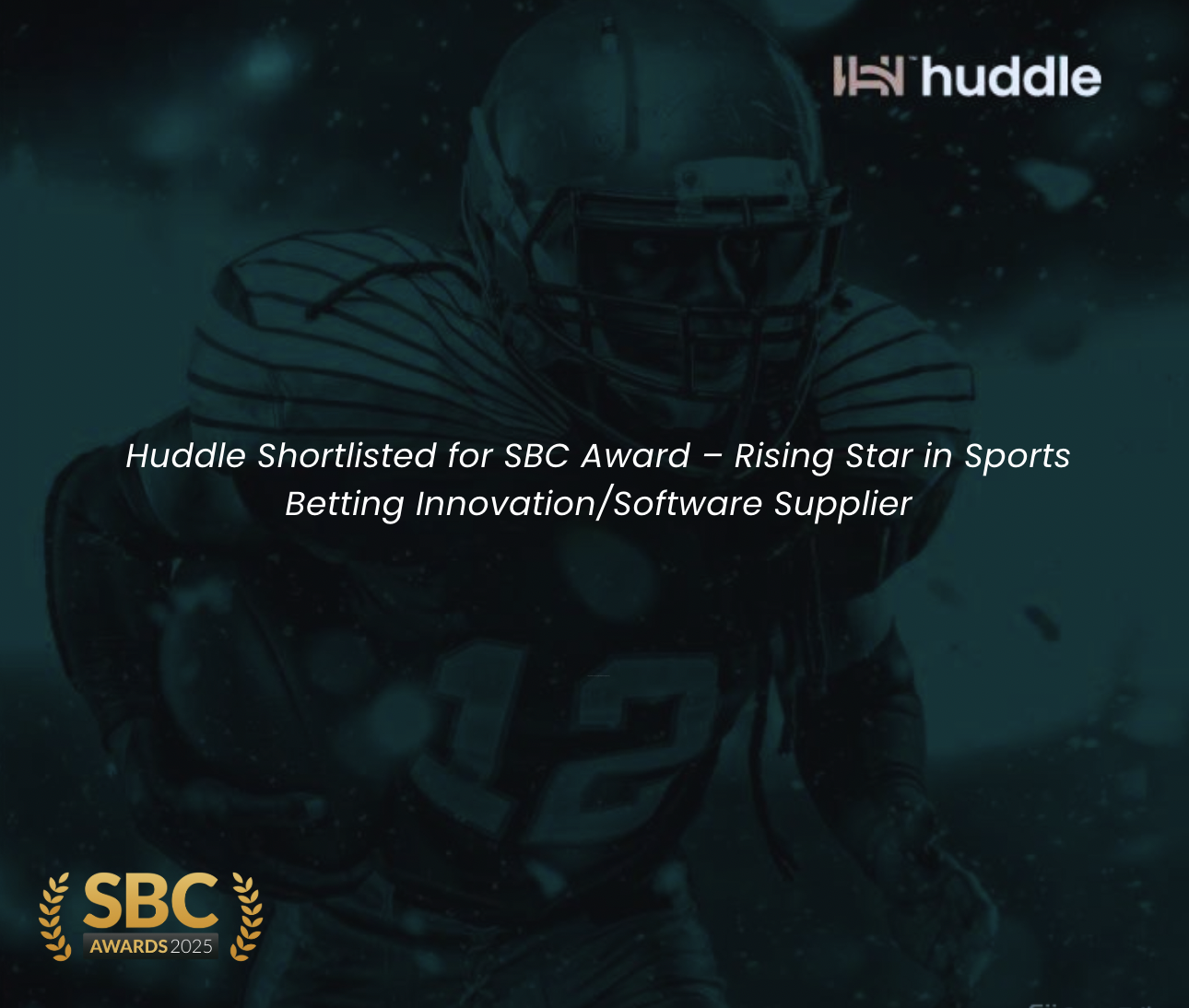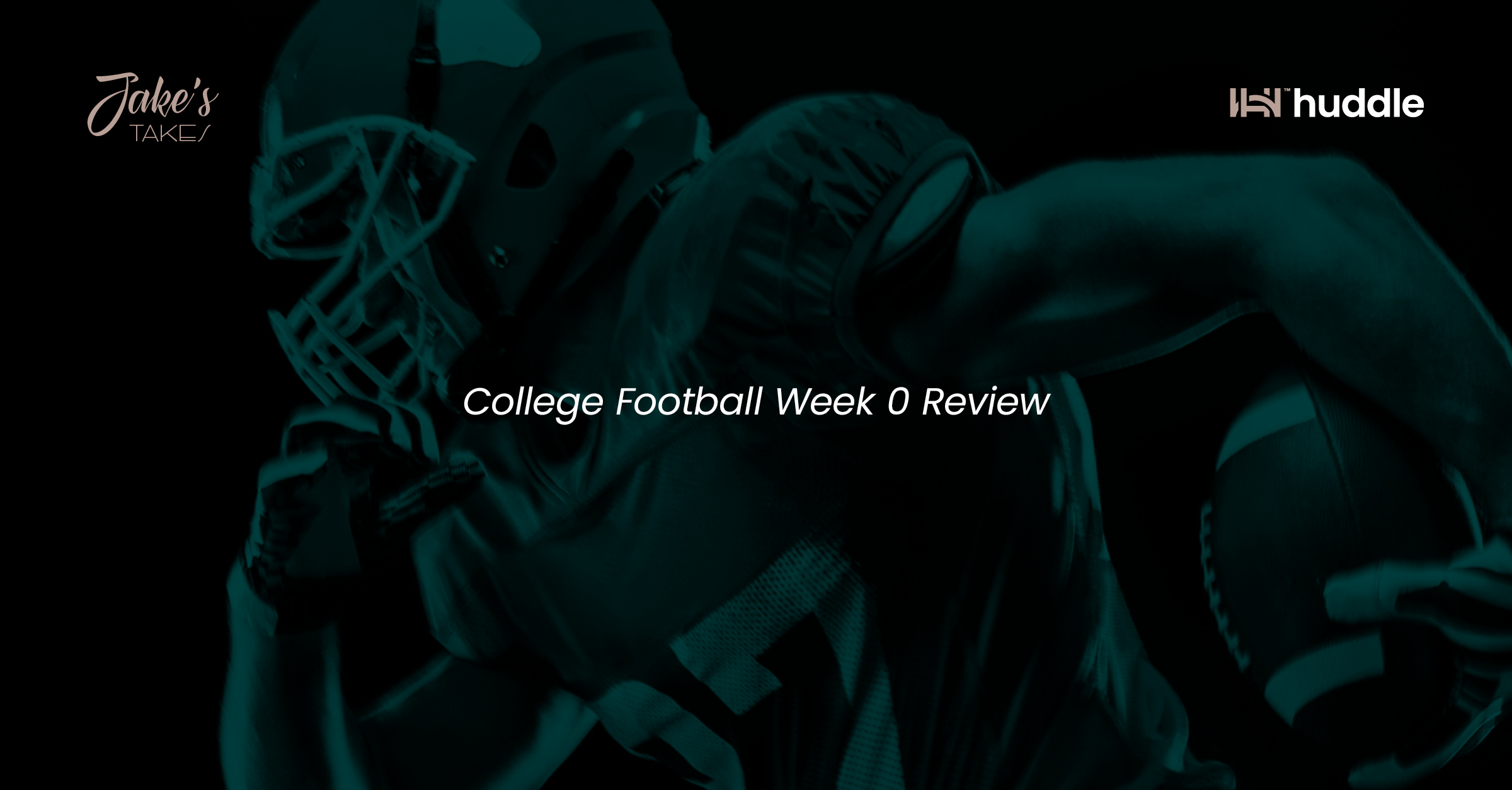
Meet The Team: A Q&A With Huddle’s Senior QA Engineer, Marino Šimić
Blog
Meet The Team: A Q&A With Huddle’s Senior QA Engineer, Marino Šimić
In this insightful Q&A, Marino shares his journey from being a passionate sports fan to becoming an integral part of Huddle’s QA team. With over eight years of experience in the sports betting industry, Marino brings a unique perspective, combining his personal experience as a bettor with his technical expertise to ensure the delivery of top-quality products. Dive into his day-to-day workflow, learn about the challenges he faces in maintaining product quality, and discover how collaboration across teams at Huddle drives success.
What drew you to the sports betting industry? How did working in the sports betting industry influence your growth as a quality assurance engineer, and what unique skills have you developed because of it?
What drew me to the sports betting industry was my passion for sports, something I've followed for as long as I can remember. Whether it's football, tennis, basketball, or more recently, eSports, I've always been fascinated by the excitement, strategy, and competition behind the games (though my betting record was more "hopeful" than successful!).
I first experienced the industry from the player's side—placing bets, but not quite hitting the jackpot. When the opportunity arose to transition into the industry as a quality assurance engineer, I couldn't pass it up. I joined NSoft, the leading company in Bosnia and Herzegovina, and for over 8 years, I've been able to blend my love for sports with my technical skills to help shape high-quality, reliable products.
My personal experience as a bettor gave me valuable insight into player behavior—what motivates them, frustrates them, and what they aim to achieve. This has allowed me to be creative in my role as a QA engineer, crafting scenarios that simulate real-world player actions and spotting edge cases that others might overlook. I've developed innovative methods to ensure the system is fair and secure, preventing players from exploiting weaknesses while ensuring the user experience remains smooth and engaging.
Working in such a competitive, high-stakes environment has sharpened my understanding of complex betting models and dynamic odds. It has also enhanced my ability to foresee potential issues and design solutions before they arise, making sure the system stays robust and players stay engaged.
Can you walk us through your typical day as a QA engineer at Huddle? What does your workflow look like?
My day is a balanced mix of manual and automated testing, collaboration with the team, and continuous improvement, all with the goal of delivering a quality product to our clients. Every day is different, but it's the variety and challenges that keep me engaged and constantly learning at Huddle.
A typical day as a QA engineer at Huddle starts with reviewing our CI pipeline for any failed builds or test issues from the previous night. After that, I join the daily standup to give updates and align with the development team.
Throughout the day, I review and design test cases, perform manual testing on new features, and write or maintain automated tests to cover key scenarios. I also collaborate with cross-functional teams to clarify requirements and address any issues that arise during testing.
The day ends with updating progress reports, checking the results of our automated regression tests, and preparing for the next day.
So, a typical day as a QA engineer at Huddle is very dynamic and fast-paced, with each day presenting new challenges and opportunities to ensure the quality of our product.
What are some of the biggest challenges you've faced in ensuring product quality, and how do you tackle them?
One of the biggest challenges I've faced in ensuring product quality is balancing speed with thorough testing. In a fast-paced environment like Huddle, there's pressure to get features out quickly, but we still have to make sure everything works smoothly. To handle this, I rely on automation for the repetitive stuff, so I can spend more time manually testing trickier parts of the product.
Another issue is dealing with flaky tests that mess up our CI pipeline and slow everyone down. I usually track down the unstable ones, fix or refactor them, and make sure the test suite stays solid. Lastly, working with cross-functional teams can sometimes be challenging. The key is to stay involved early in the planning process and keep communication open with product and dev teams to catch potential problems before they get too big.
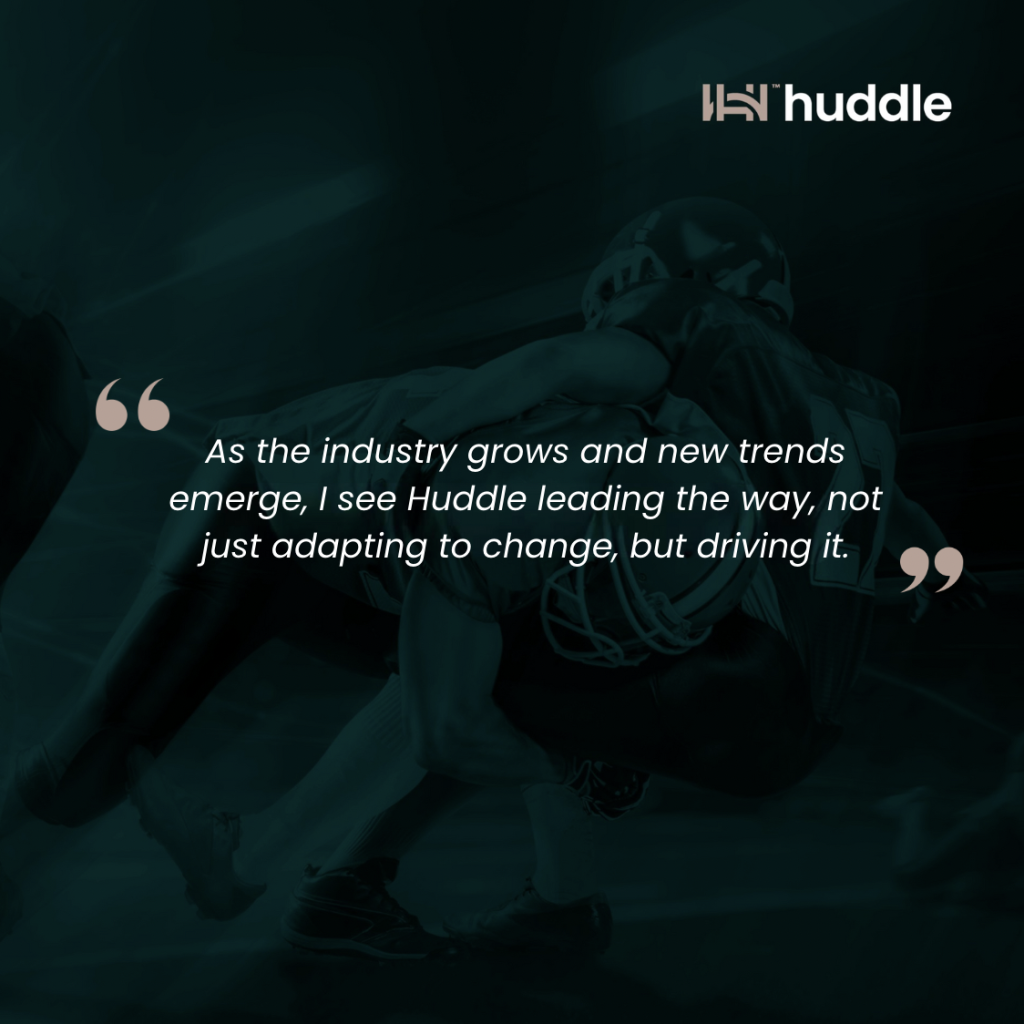
Could you share a recent project or feature that you worked on where QA played a critical role in its success?
At Huddle I've had the opportunity to be deeply involved in every project I've worked on.
One recent example where QA played a critical role in its success was the Player Props feature. This was a complex project because it required integrating multiple variables and real-time data for player performance across various sports. Since I was responsible for both manual and automated testing, I designed comprehensive test cases that covered all possible user interactions, edge cases, and performance metrics. I also played a key role in setting up parameter configurations for different sports, ensuring that the system handled each one seamlessly. Thorough regression testing was vital as this feature directly impacted live betting, so I made sure the automation suite was updated to cover all scenarios.
Another project where my QA role was crucial was Micro Markets templates and SGP (Same Game Parlay), where I tested everything from liability to bet ticker functionalities. My hands-on involvement throughout development helped ensure a smooth rollout and minimized post-launch issues, resulting in a stable product.
This leads me to my next question and that is, how does collaboration between the QA team and other departments, like development and product, work at Huddle, and how crucial it is?
Being the QA engineer, I work closely with both teams from the very beginning of each project.
During the planning phase, I collaborate with the product team to ensure that the requirements are clear and testable, raising any potential risks or ambiguities early on.
With the development team, we maintain a continuous feedback loop. I'm involved in daily standups, where we discuss progress, potential blockers, and the status of ongoing testing. This close-knit collaboration ensures that QA is integrated into every step of the process rather than an afterthought. It allows me to catch issues early, provide input on testability, and help developers understand the importance of quality from the start.
This level of collaboration is crucial because it creates a shared responsibility for product quality, speeds up development, and helps us deliver features with confidence and minimal post-launch issues. Everyone is aligned on the same goal: delivering a robust and reliable product to our clients.
What do you enjoy most about being part of the Huddle team, and how do you see Huddle evolving in the future as the sports betting industry continues to innovate and grow?
What I enjoy most about being part of the Huddle team is the people. The team here is incredibly smart, funny, and capable, which makes every day enjoyable and productive. We challenge each other, learn together, and have a great time doing it. The collaborative and supportive environment really brings out the best in all of us. As for Huddle's future, I genuinely believe we're on track to achieve really great things for the industry.
The sports betting industry is constantly evolving, and Huddle is at the forefront of innovation. We're pushing boundaries with new technologies, data-driven insights, and creative solutions that set us apart from the competition. As the industry grows and new trends emerge, I see Huddle leading the way, not just adapting to change, but driving it.
Subscribe below and get the latest straight to your inbox!

